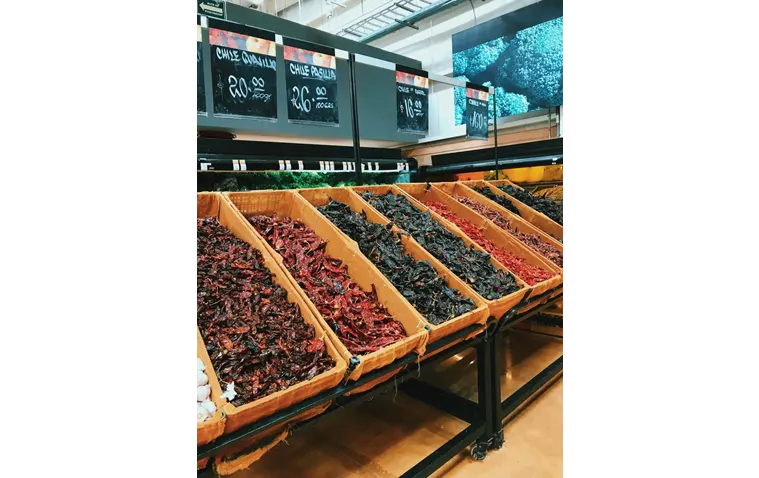India is one of the largest food producers in the world. Its total exports amounted to $17.19 billion between March 2020 and February 2021.

To meet the growing demands, globally, companies have been producing more, but are overlooking food safety. This oversight on safety has increased the number of food contamination cases. Over 1 in 10 consumers fall ill globally due to food contamination. There’s a steady increase in product recalls and withdrawals.
The food companies are now expected to quickly remove the unsafe food products from distribution and sales to safeguard consumers’ health.
Currently, the food recall process is not advanced. Food companies are rarely able to recall products beyond the first distribution level. There is limited visibility on the product’s distribution, and most often, companies are unaware of the contaminated product batches that might still be available in the market. This damages their reputation in the market, results in sales loss, and impacts their profitability. Sometimes companies recall and dispose of products that are not contaminated due to the lack of precise targeting. Over 133 billion pounds of food are sent to landfills each year, even if most of it was safe to consume.
To navigate these challenges and ensure food safety, companies must immediately implement food traceability solutions.
The local and international food safety regulations have also imposed strict regulations that require food companies to implement traceability solutions. For example, the EU 1169/2011 Regulation has mandated a digital imprint of product information for selling food items in retail or online. The Food Safety and Standards Authority of India (FSSAI) have directed the food industry to establish a process or system to withdraw or recall the food products when required.
What Is Food Traceability Solution?
The ISO 9000 defines traceability as the ability to trace the history, application, use and location of an item or its characteristics through recorded identification data. Companies use technologies such as bar code printing and scanning, Radio Frequency Identification (RFID), blockchain, and IoT in combination or individually to record data, trace the products, and communicate with different stakeholders in the supply chain.
How Does Traceability Solution Ensure Food Safety?
Traceability solutions help companies quickly track the contaminated batches and remove them from the supply chain within a few hours. It allows them to trace and communicate the information to the right stakeholders to isolate the products from the rest of the batches. It can significantly minimise food recalls. It brings transparency in the process and minimises food safety risks. More importantly, because the recalls are targeted, there are fewer chances of food wastage.
The food company must clearly record all the information related to the food product. The information would include the origin of materials, processing history, and the distribution and location of the products after delivery. The food company must also include additional information such as raw materials, additives and other ingredients, and other product packaging information. Recording all the data accurately helps companies to forward track, i.e., monitor from where the products came for effective recalls and traceback, i.e., identify the root cause of product defects and take corrective measures. The products are assigned a unique identification code to facilitate companies to quickly trace the product at any stage of the supply chain.
Companies must establish best practices to ensure that every data – right from production to distribution and sales is accurately recorded. So, when a defective product is found, the company can easily trace the product’s journey from backwards – right from the current location to the warehouse to the origin of raw materials. The end-to-end tracking helps the company understand at what stage the defect creep in – was it during manufacturing or distribution, was there an issue in the batch or ingredients, etc. These insights enable the companies to find the gaps and resolve them to prevent further safety issues. It also provides the company with a clear visual representation of the movement of contaminated product batches across the supply chain. It helps them find the product’s exact location, communicate with the stakeholder, and isolate it on time.
Conclusion
Food companies need to protect their reputation and prevent losses to thrive in a hyper-competitive industry. A single oversight could lead to losses. That’s why traceability solutions are so crucial to the food company’s success.
To implement traceability solutions, companies must work with an expert who can understand and deliver solutions that meet their business needs.
At QodeNext, we deliver seamless traceability solutions to food companies. Our solution helps companies to:
- Generate unique IDs for the products for easy traceability
- Track the products at every stage of the supply chain
- Reduce the number of recalls by accurately identifying the root cause for the recalls
- Reduce food wastage through targeted recalls
- Streamline the supply chain operations to ensure that only safe products reach the customers
To know more about our traceability solution, contact us.







